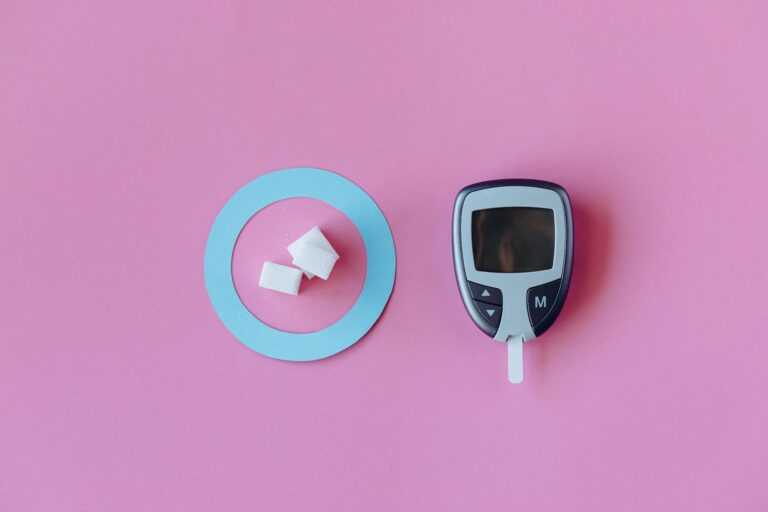Alzheimer’s disease is a progressive neurological disorder that affects millions of people worldwide. It is a form of dementia that causes memory loss, difficulty with thinking and problem-solving, and changes in behavior and mood. As the disease progresses, it becomes challenging for individuals to manage their daily tasks, such as taking medications. This is where a pill organizer can be incredibly helpful.
A pill organizer, also known as a pill box or pill dispenser, is a tool designed to help individuals keep track of their medications. It has individual compartments for each day of the week and different times of the day, making it easier to organize and take multiple pills at the right time. For individuals with Alzheimer’s, using a pill organizer can significantly improve medication adherence and reduce the risk of missed doses or taking incorrect doses.
However, using a pill organizer may not be as straightforward for someone with Alzheimer’s as it is for a person without the disease. It may require some assistance and patience from caregivers or family members. In this article, we will discuss how to help a person with Alzheimer’s use a pill organizer effectively.
1. Choose the right pill organizer
The first step in helping a person with Alzheimer’s use a pill organizer is to choose the right one. There are various types of pill organizers available in the market, ranging from simple weekly organizers to more advanced electronic ones with alarms and reminders. Choose one that is easy to open, has clear labels, and fits the person’s medication schedule.
2. Involve the person in the process
It is essential to involve the person in the process of using a pill organizer as much as possible. This will give them a sense of control and independence. Explain to them the purpose of the pill organizer and how it will make taking their medications easier. Encourage them to help with filling up the compartments or setting alarms if using an electronic organizer.
3. Create a routine
Routine is crucial for individuals with Alzheimer’s, as it helps them feel more secure and in control. Create a routine around taking medications using the pill organizer. For example, if the person takes their medications after breakfast, make it a habit to fill up the organizer after breakfast and place it in a specific spot where they can easily see it.
4. Use visual cues
Individuals with Alzheimer’s may have difficulty remembering things, so using visual cues can be helpful. You can use color-coded stickers or labels to indicate different medications or use pictures or symbols to represent each medication. This will make it easier for the person to identify and take the right pills.
5. Simplify the process
For individuals with Alzheimer’s, many tasks that we consider simple can become overwhelming. It is crucial to simplify the process of using a pill organizer as much as possible. For example, if the person has multiple medications to take at one time, you can pre-sort them into a small cup or container, making it easier for them to take all the pills at once.
6. Be patient and supportive
It is essential to be patient and supportive when helping a person with Alzheimer’s use a pill organizer. The disease affects memory and cognitive abilities, and the person may struggle to adapt to this new routine. Be understanding and provide encouragement while allowing them enough time to get used to the new system.
7. Evaluate and adjust as needed
As the disease progresses, the person’s needs may change, and so might their medication schedule. It is crucial to evaluate and adjust the pill organizer accordingly. If necessary, involve a healthcare professional to reassess the person’s medication regimen and make any necessary changes.
In conclusion, using a pill organizer can greatly assist individuals with Alzheimer’s in managing their medications. However, it may require some assistance and patience from caregivers or family members. By involving the person in the process, creating a routine, using visual cues, simplifying the process, being patient and supportive, and regularly evaluating and adjusting, you can help a person with Alzheimer’s use a pill organizer effectively. Remember, every individual is different, so it is crucial to tailor the approach based on the person’s needs and abilities.





